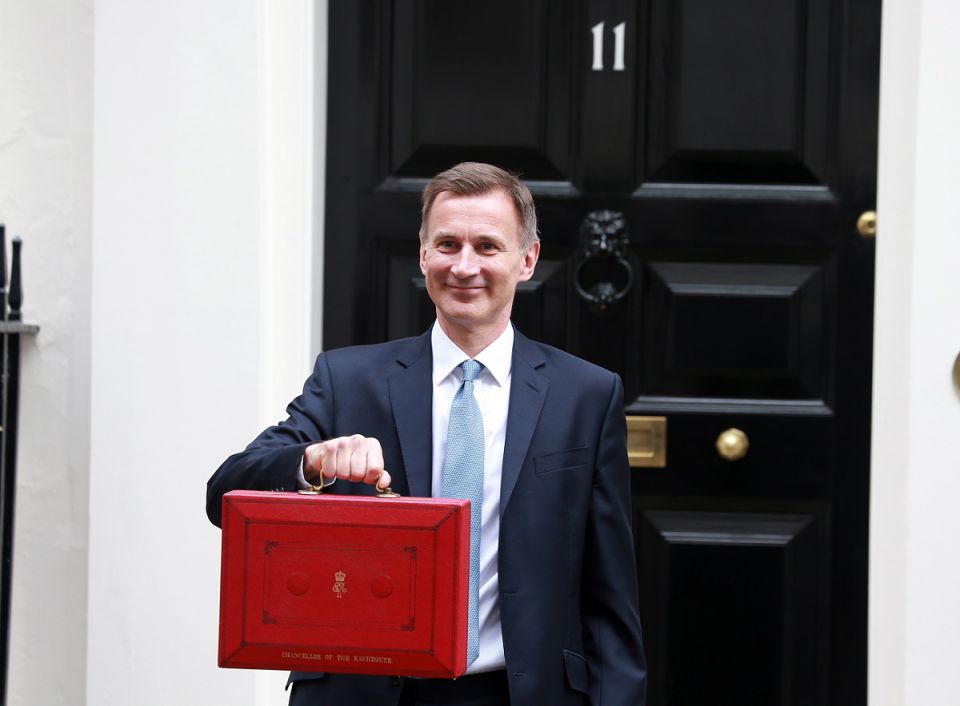The Autumn Statement 2023

The Chancellor announces major tax and wage reforms.
Chancellor Jeremy Hunt delivered his Autumn Statement to the House of Commons, detailing the government’s fiscal policy with measures that will directly impact households and public services.
The following outlines some of the key points and measures announced today.
The headline announcement in the Autumn Statement is a cut to the main rate of National Insurance, dropping from 12% to 10% from 6th January 2024. This tax cut will benefit 27 million people.
For the self-employed earning more than £12,570 a year, Class 2 National Insurance contributions will be eliminated from next April.
Additionally, Class 4 National Insurance, applicable on profits within the £12,570 to £50,270 bracket, will reduce from 9% to 8%.
The National Living Wage is set to climb from £10.42 to £11.44 per hour from April, with 21 and 22-year-olds being eligible for this new rate for the first time, expanding the demographic previously limited to those 23 and over.
Regarding state benefits, working-age benefits like Universal Credit will see a 6.7% increment from April, aligned with September’s inflation rate.
The Local Housing Allowance rates, pivotal in determining the amount received for housing benefits, will thaw from their freeze, adjusting to cover 30% of local rents.
Post-pandemic shifts in the work environment are reflected in the proposed reforms to the Work Capability Assessment, focusing on the increased feasibility of home working.
There’s also a substantial investment totalling £1.3bn over five years to assist those with health conditions in securing employment, with an equal amount earmarked for aiding the long-term unemployed.
However, there’s a stern approach to benefit claimants; individuals able to work but not actively seeking employment face the withdrawal of their benefits, including complimentary services like free prescriptions.
For pensioners, the triple lock is being honoured, meaning the state pension will rise by 8.5% from April.
The move will take the full new state pensions to £221.20 per week or £11,502 a year. The Chancellor said that this was "one of the largest ever cash increases to the state pension.” It follows speculation that the government could have increased the state pension by a smaller amount.
There could also be one change on the way on the pensions front, as the Chancellor announced plans to offer employees a choice on their workplace pension provider. The new ‘pot for life’ concept will give employees the ability to select their own pension provider and force their employer, as well as any future employers, to pay their employer and own employee contributions into this chosen pot.
Currently, under the automatic enrolment regime, it is the employer who selects the pension scheme provider for its employees.
Meanwhile, businesses can look forward to sustained support, as the “full expensing” tax break for investment in machinery and equipment is now permanent.
There’s also a continued incentive for the retail, hospitality, and leisure sectors with the extension of a 75% business rates discount for another year.
Elsewhere, rumoured plans for the introduction of the British ISA to invest in UK-based companies did not materialise, whilst calls for the ISA saving limit to be raised were also ignored as the limit was frozen at £20,000 for another year.
Despite this, a raft of ISA changes were featured in documents accompanying the Chancellor’s statement. The government said it will make changes to “simplify ISAs and provide more choice.” From April 2024, savers will be able to hold more than one of a particular type of ISA in a year. Under current rules you can only pay into one of each type of ISA in a tax year. For full details of all the changes and new options, talk to your financial adviser.
Similarly, despite much speculation and chatter ahead of the event, there were no changes to the inheritance tax (IHT) rules. IHT will continue to be charged at 40% for estates worth more than £325,000, plus an additional £175,000 allowance for a main residence.
Finally, there was some respite for residents who live near new energy infrastructure installations, as they will receive up to £1,000 a year off their energy bills for ten years, easing the financial burden of energy costs.
And as we approach the festive season, some good news, as all alcohol duty has been frozen until 01 August next year.
We hope you find this quick summary useful. However, should you have any questions or concerns arising from today’s Autumn Statement, please do not hesitate to contact us.
